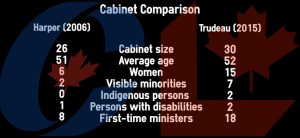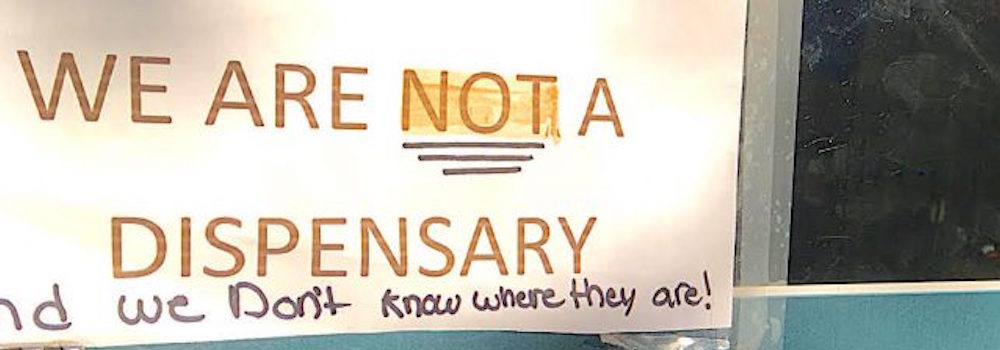It’s obvious why everyone wants to be Bardish Chagger’s friend. The novice MP—already the Minister for Small Business and Tourism and now also the government House leader—looks naturally at ease among her constituents in the Kitchener Market on a recent Saturday, offering broad grins and friendly waves to all those passing through, sipping her Tim Hortons coffee through a straw.
Not so long ago, a politician like Chagger—young, female and a visible minority—might have been relegated to the backbench. But instead, she’s been handed real decision-making power, and there are some changes she wants to make.
“We need to be able to shake them up a little bit,” Chagger said, in an interview, adding that the best way is “to bring in somebody that’s not been in the halls of Parliament for too long, somebody who does question and challenge decisions that are being made.”
First elected in October 2015 as the Member of Parliament for Waterloo—22 years after she first planted a Liberal sign on a front lawn for the then MP, Andrew Telegdi, whom she later served as executive assistant—Chagger is also the first woman to be appointed Leader of the House.
The position calls for a steady hand and a thorough knowledge of parliamentary procedure, the kind of job not usually assigned to a young, first-time MP. At 36, Chagger is one of the youngest members in the cabinet, second only to the 31-year-old Maryam Monsef. Given that she was one of the co-leads for Trudeau’s Southwestern Ontario campaign, few observers were surprised when Chagger was named Minister for Small Business and Tourism. But her appointment as House leader, this August, certainly made waves, Jim Bronskill wrote in the Huffington Post at the time.
“By having a government that looks like Canada, I believe, we’re more relevant because people can relate to us as well,” Chagger said.
Prime Minister Justin Trudeau hasn’t just paid lip service to diversity, appointing more women, visible minorities and people with disabilities to his cabinet than any previous PM. There are now 18 rookies and 15 women in a cabinet of 30. Jodi Wilson-Raybould of the Kwakwaka’wakw peoples, a former Crown prosecutor from British Columbia, has become the first indigenous Minister of Justice. Trudeau gambled by appointing so many novice MPs to cabinet, but it may pay off, especially with Chagger.

“She was always very interested in policy,” Telegedi said over the phone, “and always well-liked.”
Telegi said Chagger has the diplomatic skills necessary to navigate the role.
Eric Davis, a lawyer who knew Chagger when they were both Young Liberals at the University of Waterloo, says Chagger has “always been community-minded and an exceptionally hard-worker.”
Chagger recognizes the value of maintaining an open line of communication with the opposition, and plans to focus on teamwork rather than control in her role as House leader.
“It’s not about one individual, it’s about the team that one comes with, one builds, one empowers,” said Chagger.
She understands that the government can’t be “everything to everyone,” but Chagger and her fellow ministers are willing to try.


![Kristina Simpson, manager of Weeds Glass and Gifts on Bank Street, Ottawa [Photo Amber-Dawn Davison].](http://cusjc.ca/drift/wp-content/uploads/2016/11/kristina-and-weeds.jpeg)

![Sign outside Cannabis Emporium, a head shop across the street from Weeds. [Photo Amber-Dawn Davison].](http://cusjc.ca/drift/wp-content/uploads/2016/11/cannabis-emporum-sign-2.jpeg)